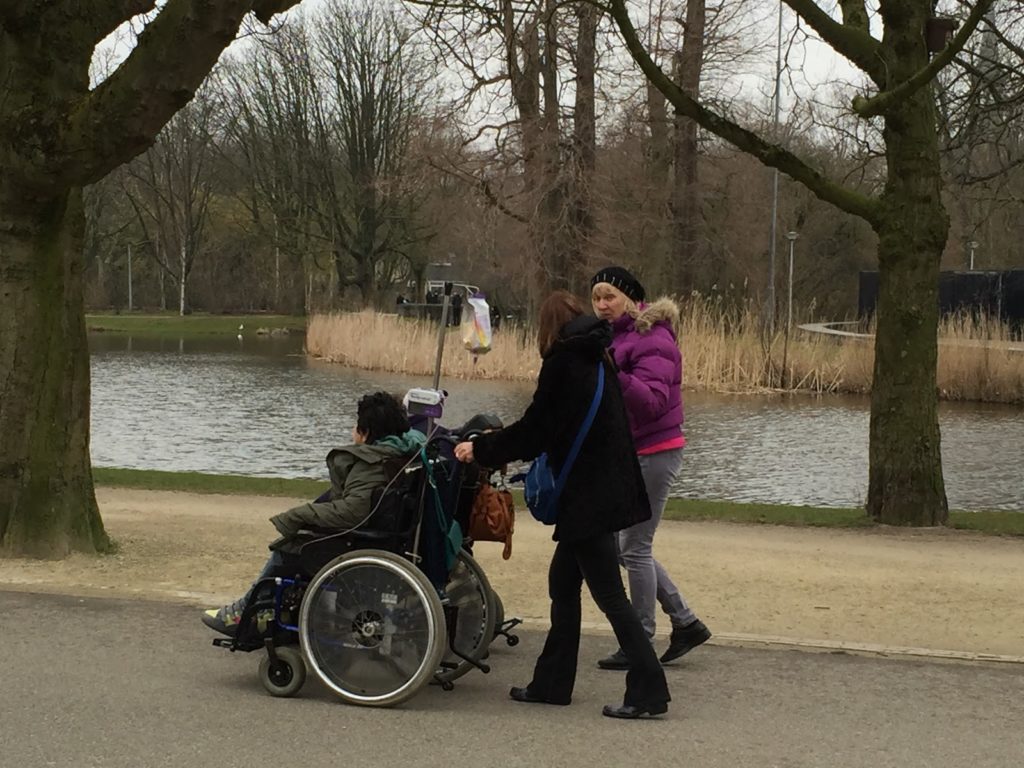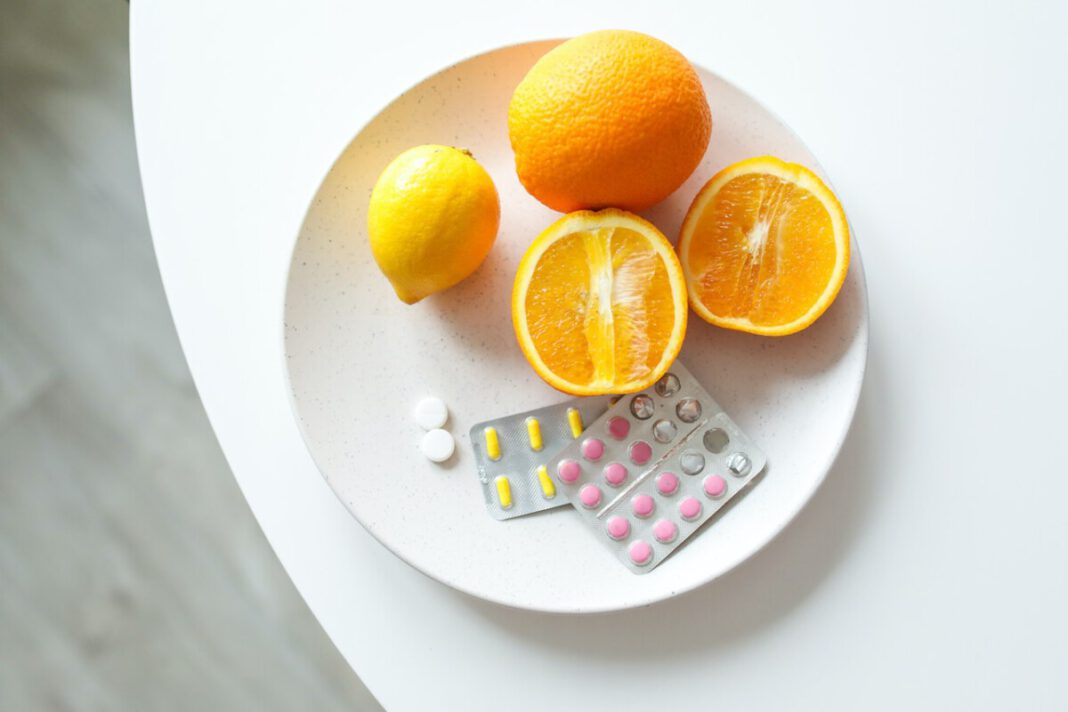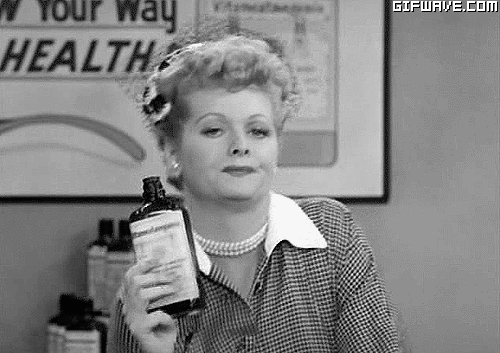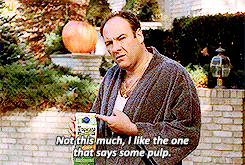Ever wondered what the real differences are between healthcare in the Netherlands and healthcare in the US? Here’s the skinny on the biggest distinctions between the two healthcare systems.
In the US, folks generally wait until old age before oversharing about medical ailments. However, set adrift in a country with new attitudes towards sickness and health, even young and spry expats can sound really old really quickly. So let’s talk about it: what really does happen when you get sick in the Netherlands?
You have to hunt for your head honcho: the huisarts
My experience with Dutch healthcare has been fairly typical. Like the good expat girl that I am, I found a doctor soon after we arrived, “just in case.” Many people rely on their US doctors back at home, hoping their illnesses somehow correspond with their trips back across the ocean. I decided to jump right into the Dutch medical system.
With some advice from another expat, I picked a huisarts, or general practitioner, right in my hood. That doctor is the gatekeeper. You need to see her or him before you can go to any specialist, just like in the bad ole days in the US when everything required a referral.
At one point, after a winter cough had stretched into the third month, I finally paid a visit to my huisarts. She looked at me like a know-it-all teacher scowling at her timid student, then reminded me since I was a Dutch newbie, my body was just getting to know all the new germs. Then she sent me on my way.

READ MORE |Women’s healthcare in the Netherlands: the complete guide
The Dutch have a serious antibiotic bias
Rather than doling out antibiotics like candy, like some doctors in the US, the huisartsen are known for being very stingy with it. Instead, doctors usually suggest you take some paracetamol, which is just Tylenol but sounds distressingly like a parasite of some kind. Expat friends with experience told me I should not expect an antibiotic here. Ever.
On the other hand, if you are a dog, you have easy access to antibiotics. When our dog Casey was bitten on the ear, he didn’t have to beg for his prescription. Maybe I should start borrowing from him if I need something stronger than Dutch Tylenol. Most expats just stock up when they go back to the U.S. to visit, returning with their illegal meds stowed away in their luggage.
Vitamin D is really a thing here (and liquids are medicinal)
Other than paracetamol, the most common “medicine” doctors recommend to expats seems to be Vitamin D. Because of the lack of sunshine during the long winter months, you need to get in the habit of taking Vitamin D religiously. I’m not sure if the locals take it. Though they do seem to enjoy their brightly coloured orange juices.
Here’s a glass of verse muntthee, or fresh mint tea. Apparently, this magical brew, which is just fresh mint leaves with boiling water, is good for your health. It helps with digestion, improves your memory, and can even get your knoflooklucht (garlic air) out. The only trouble is that it’s mostly served in a glass mug, so it’s too molten hot to pick up for a long time. You can eat the doll-sized cookie while you wait.
Fresh juice is very big here. You can find in in most restaurants, and there are oh so many shops that specialize in this “medicine.”
READ MORE | Living with a mental illness in the Netherlands: is this where the healthcare system fails?
The Dutch eat less but smoke more
The Dutch portions of food and drink are definitely smaller than what you find in the US. However, I’ve noticed a few contradictions in the approach to good health, especially when it comes to smoking. I’ve seen bike riders enjoying cigarettes, an employee at the nearby “biological” grocery taking cigarette breaks next to the organic produce, and folks huddled under blankets in the cold, just so they can puff away during dinner.
Perhaps the Dutch would find just as many contradictions lurking in the American approach to health. Certainly, they don’t seem to be dealing with an obesity crisis here. I’d chalk that up to the bikes and the cigarettes. On the other hand, my hairstylist — a wealth of information — tells me if you go out into the poorer sections of the city, you’ll encounter both more fast food and more US-style physiques.
Dutch dentists explain everything (but I still don’t know if I need Dutch insurance)
My closest encounter with the medical system here came when I found out I needed a wortelkanaalbehandeling. The bad news, in English, didn’t sound nearly as horrible, and was certainly less of a mouthful: I needed a root canal. I entered a swank office and an hour and a half later, had two of my canals cleaned, widened, and improved. That seemed quite fitting as I walked back to the tram, along one of the Amsterdam canals.
The endodontist insisted on telling me in detail (thankfully, in English) exactly what he was doing throughout the procedure. When I left, the receptionist seemed genuinely stunned that I needed to pay upfront and then submit the bill for reimbursement. Then she actually apologized for the amount of the bill (which was far less than it would have been in the US).
And really? Coffee at the dentist’s office? In the US, my hygienist had to spend 45 minutes scraping the coffee stains off my teeth. Here, they realize that some things are more important than pearly whites, namely, a good cup of coffee.
Sadly, after two years here, I haven’t been able to get a definite answer to the question, “do we need to buy Dutch health insurance?” (to supplement our US expat coverage). We may actually be carted off to Dutch prison (where there are many empty beds) once we figure out what the real answer to the health insurance riddle is. I’ll keep you posted.
READ MORE | 19 questions answered about Dutch health insurance in 2020
So what’s the difference between Dutch and US healthcare?
So how different are these two approaches to healthcare? I’d say very. We undoubtedly over-medicate and overeat in the US, while in the Netherlands, perhaps they are a little too quick to tell you not to worry. When you’re sick, you don’t want different, however. All you want is to be in your own familiar bed. It makes sense that when you need medical attention, you would most miss your roots. On the other hand, you can’t run back to the US for every little cold. So grab a fresh juice and a paracetamol, take a ride on your bike, and you’ll feel better in no time.
Anything to add to the differences between the Dutch and US Healthcare? Let us know in the comments.
Feature Image: Polina Tankilevitch/Pexels
Editor’s note: This article was originally published in October 2017 and was fully updated in October 2020 for your reading pleasure.





Paracetamol is aspirin
Paracetamol is definitely not Aspirin. It is the Tylenol equivalent, which is not Aspirin.
Well one of the reasons dutch doctors are stingy with antibiotics, is that bacteria are becoming resistant. Part of this is because the meat industry almost overdoses their meat animals on anti-biotics. Another part is that it’s really silly to prescribe antibiotics when they are not needed, because that accelarates the rate at which bacteria become resistant. You WILL get antibiotics from your doctor, but only if it is a problem that wouldn’t go away on it’s own with time and rest.
I do not know the insurance question… I do have an inkling that getting dutch insurance would be a LOT cheaper than US insurance.
Obesity is also a problem here, especially child obesity. It’s nowhere near as bad as in the US, and there are probably a lot of reasons for that (from normal as opposed to gigantic portions of food, to the cycling). We are a sugar loving nation though and that really is the main culprit in our obesity crisis. Changes in the availability of snacks and sweets has been curtailed, and according to the news just this week that IS actually working.
On general practitioners, well that is a bit of a double edged sword. Find a good one you trust and it’s great, but if you don’t that can be a bit of an issue. How easily you’ll get a referral also really depends a lot on the doctor in question.
There are also plenty of fastfood places (snackbars) but they may not be as visible because the only fastfood chains (which are so recognisable) tend to be BK and McDonalds, and the small business snackbars don’t stand out as much as those big chains.
I feel like the healthcare system here will not bankrupt you as in the US if you have critical illnesses. But if you something small/ medium, which might include pain and discomfort along the way, then it’s basically Chinese style healthcare system, the doctor will just say “good luck and go home.” No proper medication prescribed. I still find the strict enforcement of GP as your overarching gatekeeper ridiculous. How can a GP know everything?! I have heard stories, in fact myself included, the dr had no fxxking idea about the disease you had, and just hoped for the best – as in hoping your body will magically heal. Is that a developed country level of healthcare??
Just a correction to Gretchen’s comment – Paracetamol IS Tylenol, and is NOT aspirin. Acetaminophen is the generic name. Aspirin is acetylsalicylic acid and has been around as a pain reliever for over a century, and its source material, salicylic acid, has been used medically since ancient times. Acetaminophin was discovered in the late 19th century. Aspirin here is strangely very expensive relative to Paracetamol – the opposite of the US. A small box costs €4 whereas the same size box of Paracetamol is ,49 cents at Albert Heijn or Etos. Even ibuprofen is cheaper than aspirin here.